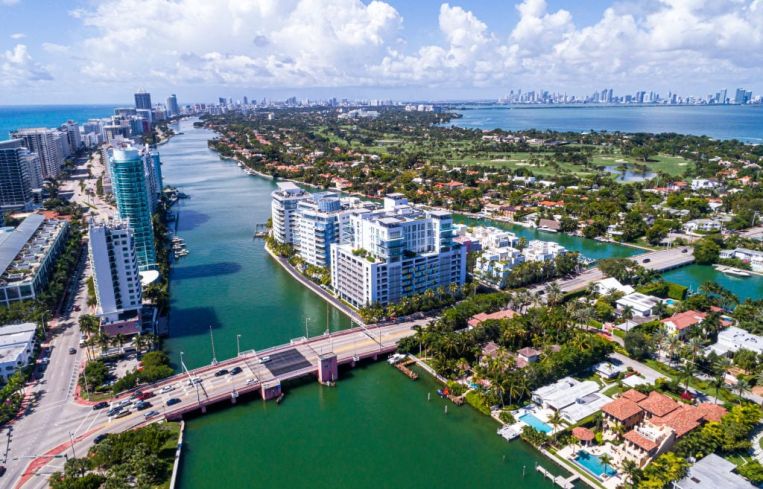Lax Enforcement of 40-Year Rule in Spotlight After Surfside Collapse
By Chava Gourarie July 6, 2021 7:55 pm
reprints
In the aftermath of the Champlain Towers South collapse, Miami-Dade’s cities and towns have begun stepping up inspections of older, taller buildings within their limits. And already, the audits have turned up spotty and lax enforcement of the 40-year recertification rule, a key enforcement measure for building safety, The New York Times found.
Buildings in South Florida, including both Miami-Dade and Broward counties, must undergo an inspection at the 40-year line, and every 10 years thereafter. As part of the inspection, building owners must submit paperwork to their municipality, or county, showing that their property is up to code, and officials must sign off that it has met the checklist of requirements.
But the recently stepped-up inspections showed a pattern of lax enforcement, with some buildings lagging years behind, or failing to comply at all. Over the weekend, that led to the evacuation of one high-rise in North Miami Beach, where a hasty audit revealed that the 10-story condo building, Crestview Towers, required structural repairs and had failed to pass its required 40-year recertification — nine years prior.
And it wasn’t just Miami Beach. Out of 24 buildings that met Miami-Dade County’s audit criteria, 17 had open cases that had been unresolved for more than a year. In Bay Harbor Islands — tiny islands to the north and west of Surfside — only one out of 14 buildings that were supposed to meet their 40-year requirement in 2020 had completed the recertification process. Six property owners never even responded to the notice sent by the city.
While cities are stepping up in the wake of the Surfside collapse, much of it is voluntary for property owners, and the audits vary from town to town. The city of Surfside asked for buildings at least 30 years old and three stories high to begin inspections, while Miami-Dade County is reviewing buildings 40 years and older, and at least six stories high under its jurisdiction.
But a thorough retroactive audit would be a daunting task. Even if government officials focused only on buildings 40 years and older and at least 10 stories high, that would amount to a total of 270 buildings to review, according to the NYT report.
The cause for the collapse is still unknown, and it’s unlikely that stricter enforcement would have made a difference in the case of Champlain Towers South. The 12-story condo was expected to meet its 40-year inspection requirement this year. In 2018, the condo association had hired engineers to inspect the property ahead of the expected 40-year line, but had only just begun to solicit bids for the repairs at the time of the fall.



